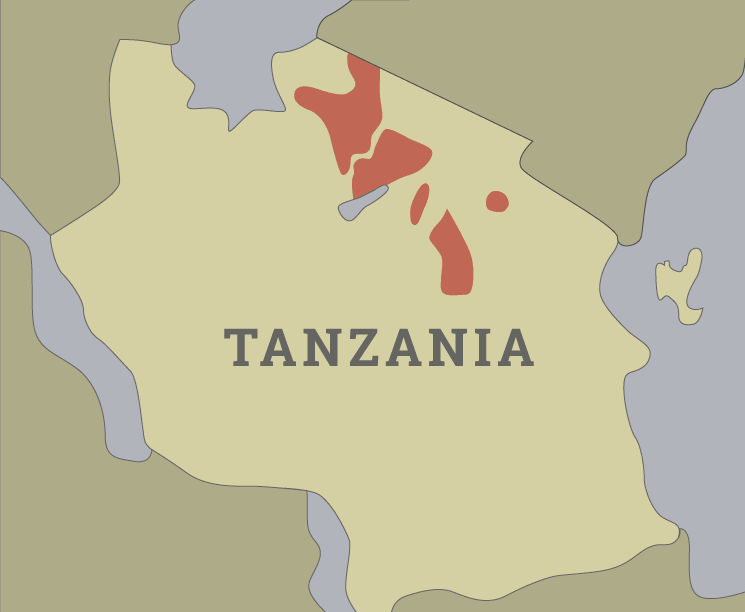| Jan |
Green Season |
YES |
60 - 85 F
Mostly sunny with few showers |
Elephant, Giraffe, Impala, Raptors |
| Feb |
Green Season |
YES |
60 - 85 F
Mostly sunny with few showers |
Elephant, Giraffe, Impala, Raptors |
| Mar |
Green Season |
YES |
60 - 83 F
Mostly sunny with few showers |
Elephant, Giraffe, Impala, Raptors |
| Apr |
Green Season |
NO |
60 - 83 F
Mostly sunny with few showers |
- - - - - |
| May |
Northward Migration |
NO |
56 - 81 F
Mostly sunny |
- - - - - |
| Jun |
Beginning of Dry Season |
YES |
56 - 81 F
Mostly sunny |
Elephant, Giraffe, Impala, Raptors |
| Jul |
Dry Season |
YES |
60 - 83 F
Mostly sunny |
Elephant, Wildebeest, Zebra, Lion, Giraffe, Impala, Raptors |
| Aug |
Dry Season |
YES |
55 - 81 F
Mostly sunny |
Elephant, Wildebeest Migration, Zebra, Lion, Giraffe, Impala, Raptors |
| Sep |
Dry Season |
YES |
55 - 81 F
Mostly sunny |
Elephant, Wildebeest, Zebra, Lion, Giraffe, Impala, Raptors |
| Oct |
Dry Season |
YES |
60 - 83 F
Mostly sunny |
Elephant, Wildebeest, Zebra, Lion, Giraffe, Impala, Raptors |
| Nov |
Southward Migration |
YES |
60 - 83 F
Mostly sunny with few showers |
Elephant, Lion, Giraffe, Impala, Raptors |
| Dec |
Beginning of Green Season |
YES |
60 - 83 F
Mostly sunny with few showers |
Elephant, Giraffe, Impala, Raptors |































